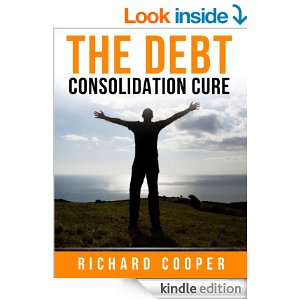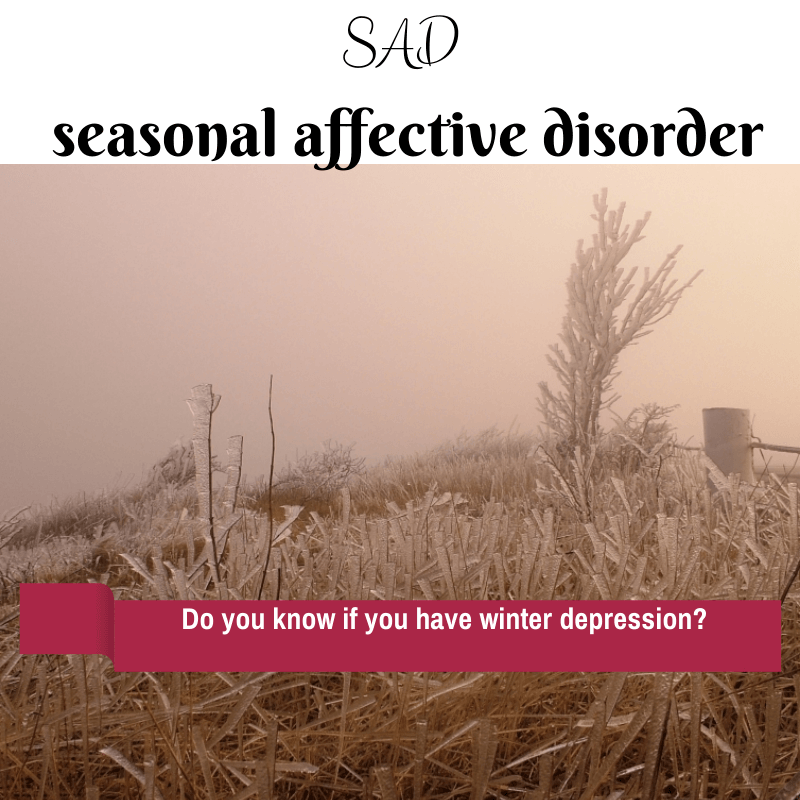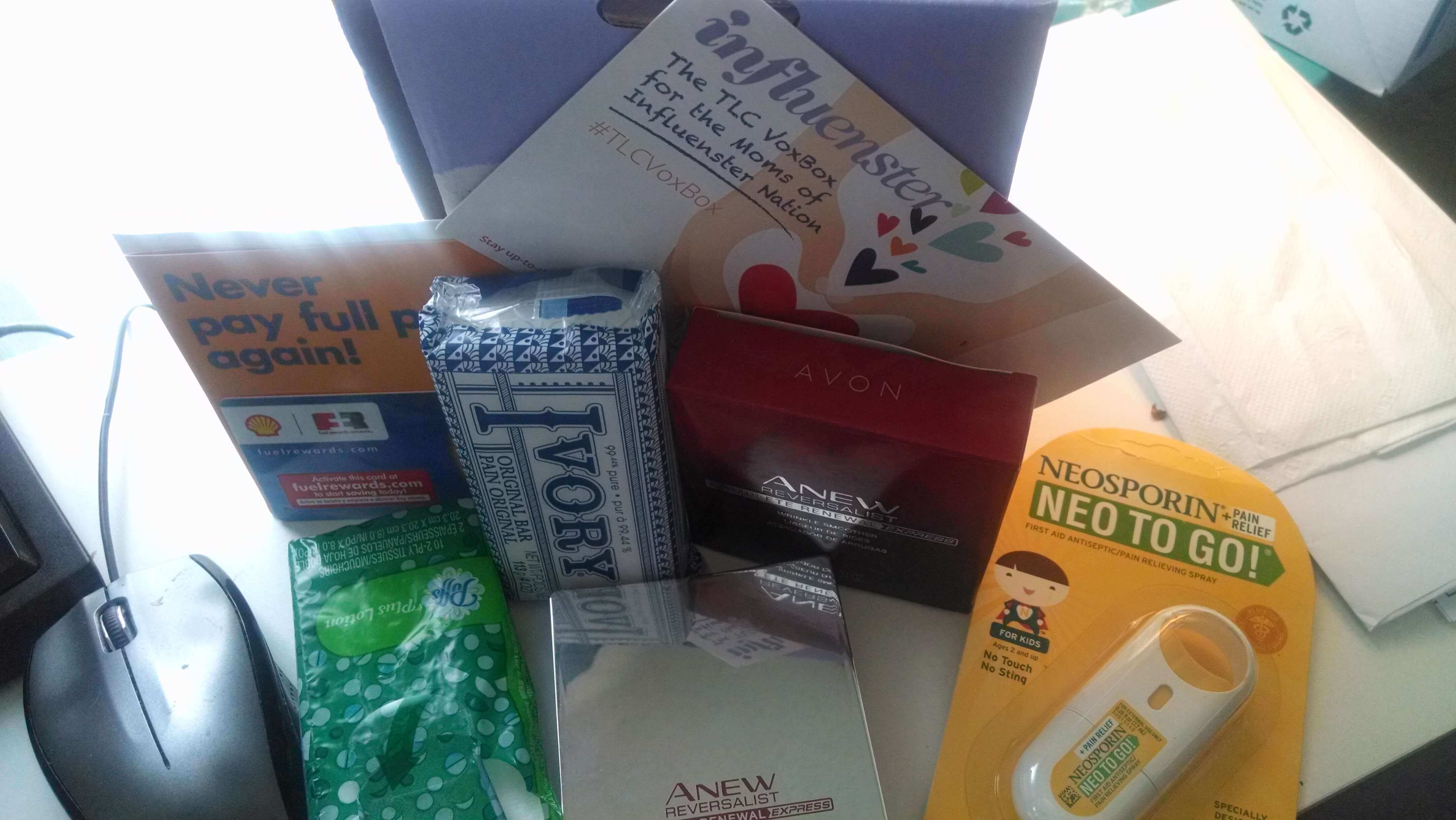
Why More And More People Turn To Holistic And Alternative Medicine For Health Care
What we think of today as “alternative” or “complementary” medicine used to be all the medicine there was. Doctors were not educated at universities, instead, they apprenticed with an established doctor. They learned how to make a diagnosis and prepare medications in the form of ointments, syrups, teas and poultices. These home-grown healers used herbs and natural remedies from plant-based sources as what we now call Holistic and Alternative medicine for health care.
Science Takes Over Medecine
Western medical science only developed as rationalism and empiricism began to be the norm for explaining phenomena. In fact, what used to be regarded as the medical arts was not regarded as “science” until after a more scientific cause for disease and infection was established by scientists like Louis Pasteur. From then on, medicine has only regarded practices and treatments that are based upon scientific facts and scientific research and reasoning.
Today, medical education is regulated and standardized. Admission into the medical profession is only through a standardized examination and only after undergoing training and internship. The discovery, formulation and testing of drugs, therapies and treatments are also highly regulated by law and by government agencies.
As medical science improved and medical technology developed, the traditional medicine practiced by healers became regarded as superstition or magic or faith healing. Those who practiced these old and traditional medical healing arts, were discouraged even as their practices were called “witchcraft” or “sorcery.”
Why More And More People Turn To Holistic And Alternative Medicine For Health Care
Today, there is a resurgence of these old medical arts of healing. To be sure, the alternative and complementary medicine of today have their roots in traditional healing arts, but they are different in that they have a scientific base.
The question is, why is there a resurgence in popularity of alternative or complementary medicine?
Increasingly, science is able to name diseases for which medical science has no cure or treatment just yet. For example, there is no effective vaccination against cancer. There is a vaccine against the human papilloma virus, though. Medical science has proven that cervical cancer is widely caused by an infection of the human papilloma virus. In the same way, there is also a virus against Hepatitis B. It has been proved that the virus that causes Hepatitis B infection will also lead to the development of liver cancer. But there is no vaccine that will effectively keep a person from contracting these kinds of cancer.
In fact, no one knows for sure what causes cancer, how cancer is contracted or how it grows and develops rapidly. The best weapon in the fight against cancer seems to be early detection. The earlier that cancer is detected, the earlier the cancer can be excised through surgery or, the earlier that chemotherapy and radiation can quickly eliminate the growing and developing cancer cells.
Despite these advances in treatment of cancer, more and more people are contracting cancer. The number of people living with cancer and those surviving cancer is growing. As cancer can be detected earlier and treatments are effective in eliminating growing cancer cells, more and more people have been diagnosed with cancer and receive treatments for it. Even so, there is no guarantee that the cancer will not recur or that it will not spread to other parts of the body.
Groups of people are living with cancer as there is no known cure for their type of cancer and all that medication can do is mitigate the symptoms. Groups of people survive cancer and want to regain a sense of well-being and a feeling of wellness despite their cancer diagnosis.
It is the concerns of these groups that have spurred on the resurgence of complementary and alternative medicine. Alternative medicine has not yet been accepted by all. There are some doctors who agree that plants and other natural food sources have medicinal properties, but, they still will not agree that alternative medicine can heal sickness.
Alternative medicine has no claims that it can heal sickness.
What it claims is that it can provide a general feeling of well being. It can help people with terminal illnesses or chronic conditions find relief from symptoms such that they can live functional and productive lives despite those illnesses and chronic conditions.
Also, some treatments for diseases, such as, cancer destroy healthy cells alongside cancer cells. Some effects of chemotherapy drugs are permanent nerve damage and this results in chronic pain, weakness and fatigue in a lot of patients. For this reason, there is a growing number of cancer patients who may agree to surgery to remove cancers or tumors, but they refuse radiotherapy or chemotherapy and opt for alternative medicine instead.
Instead, they make drastic changes in their lifestyles: they lose weight, they shift from a meat-based diet to a plant-based diet. They stop drinking alcohol and coffee and smoking tobacco. They stop running themselves ragged and get enough sleep, rest and exercise.
Along with these lifestyle changes, they have taken to alternative medical practices, such as acupuncture, aromatherapy, and homeopathy. These therapies will not cure their cancer, but, they will make them feel more whole.
It makes them feel better. It alleviates some symptoms while at the same time, making their bodies strong enough to be able to heal itself and to fight disease naturally.
Is western medicine to blame?
Perhaps it is too far-fetched to claim that disappointment with Western medicine has prompted people to turn to alternative medicine. Is it far-fetched to claim that alternative medicine can ever totally replace Western medical science.
But, more and more people are feeling better with alternative medical practices. And when Western medicine has no cure or treatment for them, people will turn to alternative medicine to make them feel a little better while waiting for a cure.




